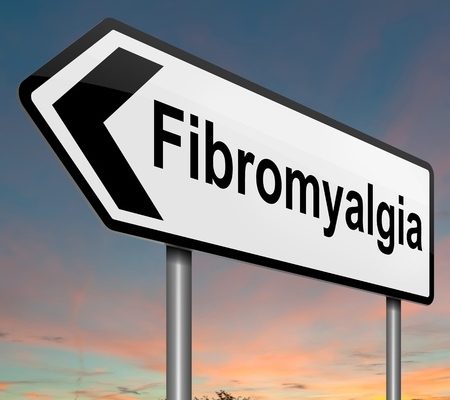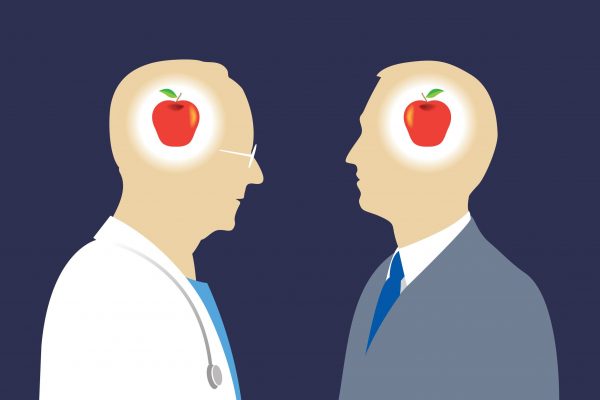AN OVERVIEW OF CHINESE HERBAL MEDICINE
As one of the main branches of Chinese medicine, Chinese herbs have also been used for thousands of years to help in the healing of physical and mental disorders. Many people find herbs to be an attractive treatment option because, if they are used skillfully, they are generally free of side effects. Herbal medicine supports and enhances one’s overall health.
A Chinese herbalist is more interested in strengthening the foundation of one’s health rather than offering symptomatic band-aids. In this sense, herbal medicine works from the inside out; it treats the core issues that underlie our symptoms, which will either sooner or later rectify the symptoms themselves. This is in contrast to Western drugs which work from the outside in. They offer immediate symptomatic improvement without directly addressing the deeper cause of the symptoms. While there are certain cases where this is warranted, the long-term use of Western drugs for chronic health problems can be detrimental to one’s foundation of health.
This is why it is often best to pursue plant-based medicines and nutrition before going the drug route. It is a more gentle, life-affirming way to heal yourself.
Chinese herbalists generally use the Chinese herbs in various combinations to make up formulas for the patient. A talented herbalist can combine several herbs to offer a highly specific form of treatment to the unique needs of the patient. Herbs are quite versatile. One formula can have ingredients for treating depression and all of its byproducts such as pain, insomnia, or menstrual problems. When the underlying pattern of disharmony is addressed, all of the symptoms associated with that pattern should improve.
In regards to physical health complaints, Chinese herbs can be used for a wide range of conditions including:
- Chronic pain
- Diarrhea
- Constipation
- PMS
- Menstrual cramps
- Weak immunity
- Asthma
- Headaches
- High blood pressure
- High cholesterol
- Type 2 diabetes
- Infertility
When it comes to treating the mind with Chinese herbs, it has long been recognized that there are numerous herbs that offer direct benefits for our emotional and psychological health. Everything that we ingest as food or medicine affects the mind in some form or another. Sometimes, however, it is too subtle to detect. When certain herbs are concentrated and given at a sufficient dosage, there can be tangible effects on one’s consciousness. Chinese herbal formulas that work on the mind can:
- Make you feel psychologically lighter
- Relax and calm your thoughts
- Open your perspective on yourself and life
- Engender patience and calmness
- Boost confidence levels
- Induce more peaceful sleep
Chinese herbal medicine is widely regarded as a wonderful complement to acupuncture treatment. Many practitioners use Chinese herbs as a way to offer continual therapeutic input into the body between acupuncture treatments. By taking herbs on a daily basis, the positive momentum created by acupuncture is enhanced.
Can Chinese herbs be taken with my Western medications?
In many cases, yes. When you visit your practitioner, be sure to mention any medications you are taking and ask them about drug/herb interactions. There are situations where the herbs will antagonize Western medications, but in most cases herbs are safe to use with medications as long as they are prescribed by a skilled herbalist.




